Just over a year ago, on September 16th, 2022, Mahsa Amini was killed by the Iranian Morality police for violating a law that required women to wear a hijab. According to CBS News, the police claim that she died of natural causes; however, this view has been disputed by eyewitness accounts that claim Amini was a victim of police brutality. Her death sparked protests that have continued even a year later.
Last year, I wrote a piece discussing why paying attention to the protests in Iran was crucial, and I believe this sentiment is more important now than it was a year ago. When social unrest occurs, oppressive regimes (such as Iran) frequently crack down on demonstrations by making arrests and committing murder to deter people from participating.
According to PBS, “the mandatory hijab law is still in place and the authorities want to stiffen the penalties to up to 10 years in prison.”
For any regime to legitimize the claim that throwing people in jail because they choose not to wear a piece of clothing is moral is a fallacy proposed only by the most vicious and deceptive leaders.
Ironically, the people who reportedly murdered Amini bear the title “Morality Police.”
What code of ethics do these actions adhere to? It is a strange blend of Islamic fundamentalism and authoritarianism that does not appear to represent the Iranian people. While most Iranians identify themselves as Muslims, it is clear from the reactions to their government that they wish for a different future not based on extremism.
Amini’s death inspired the “Woman, Life, Freedom” movement that compelled people to act against injustice. Not only was Amini a victim of the harsh conditions against women in Iran, but she was Kurdish (an ethnic population in Asia that has been subjected to similar treatment as the Palestinians in Israel).
This movement has picked up enough traction, even a year later, that the Iranian government made preparations to silence the crowd. On Sept. 16, Iranian security forces allegedly arrested Amjad Amini (Mahsa Amini’s father) and prevented him from holding a vigil on his daughter’s death anniversary. Clerical authority in Iran is afraid of what her death means for their rule.
However, according to the Al Jazeera article above, the security forces managed to curb “large-scale protest rallies,” but there were still “sporadic confrontations in several areas of the country.”
As these events unfold, the Iranian citizens must garner international support against the oppressive, clerical regime. While I do not support foreign intervention, economic pressures (such as the recent sanctions by the United States) could be of help (although not absolute).
Keep Iran in your hearts.


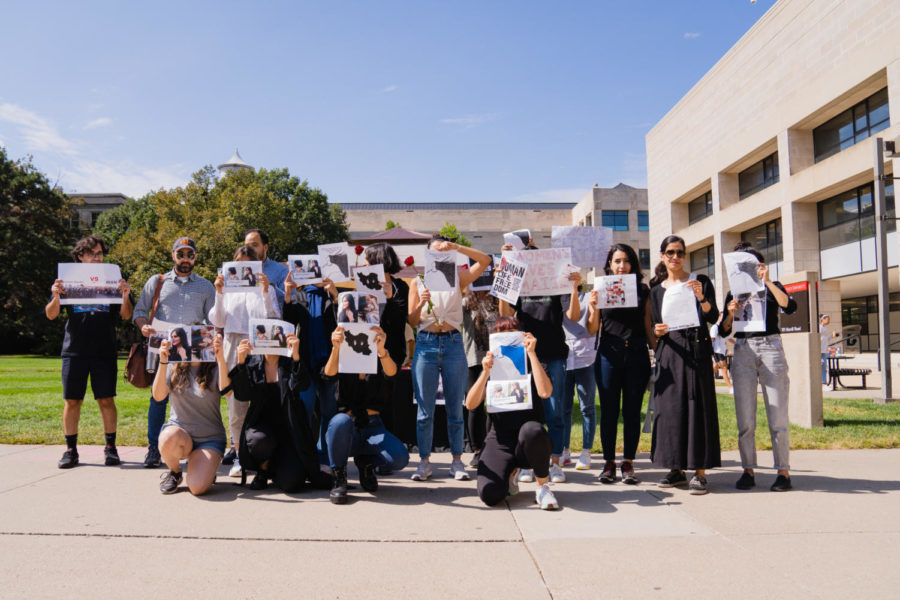

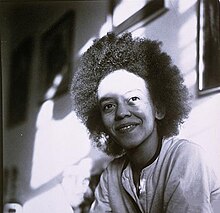

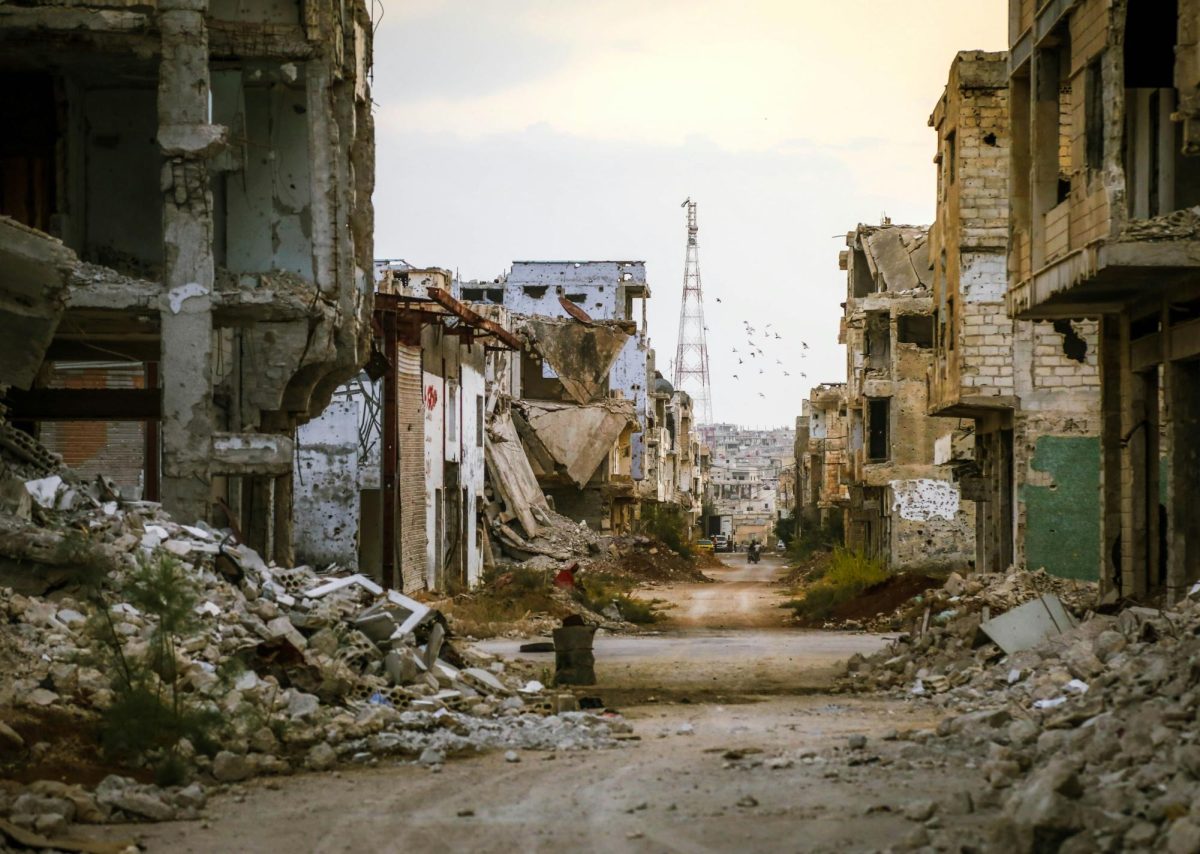
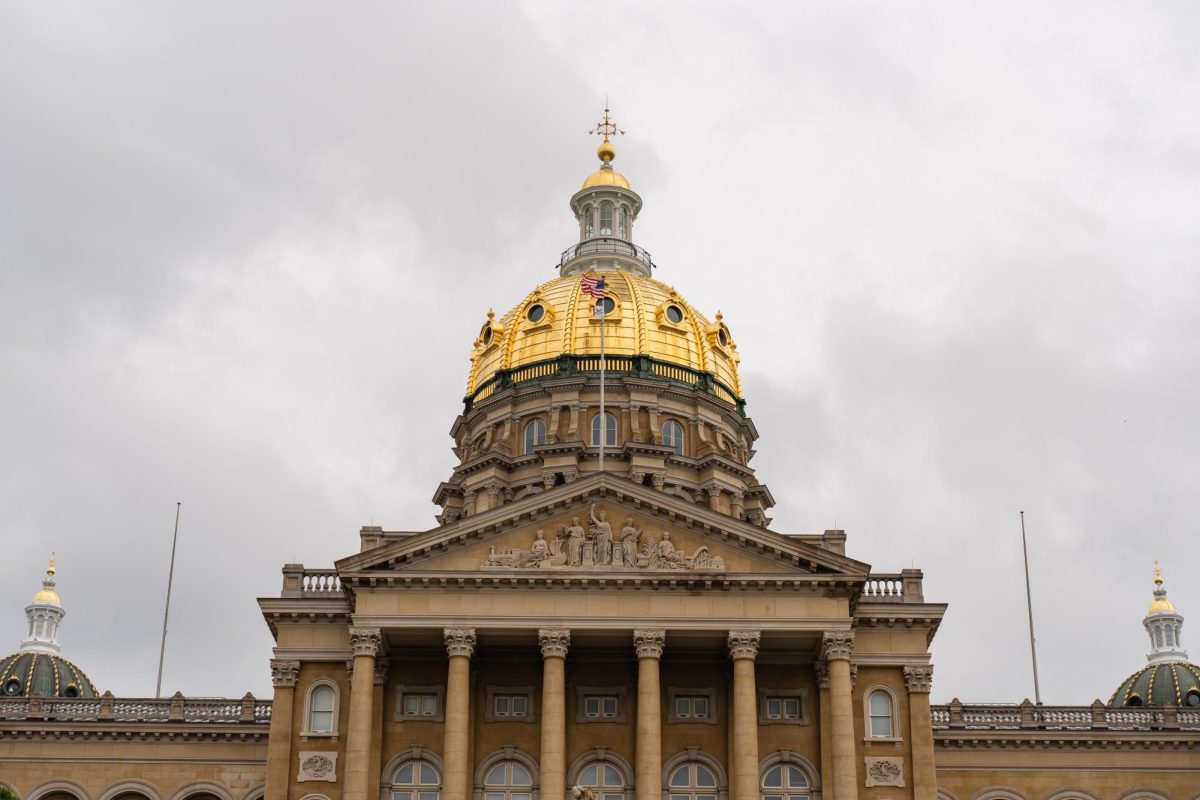
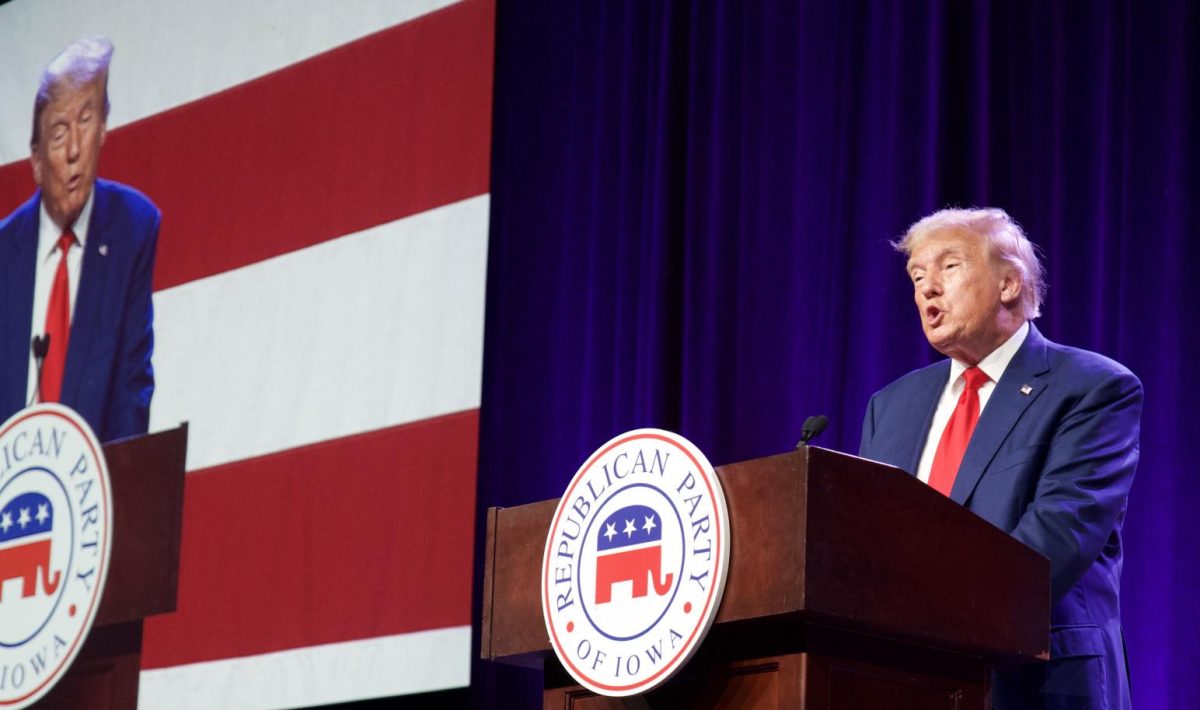
Zohreh Parvini | Sep 25, 2023 at 12:10 pm
Thanks for covering this! The movement is of course going on in Iran.
Here at ISU, we were sharing bookmarks in front Parks Library on Monday Sept 18th to raise awareness.